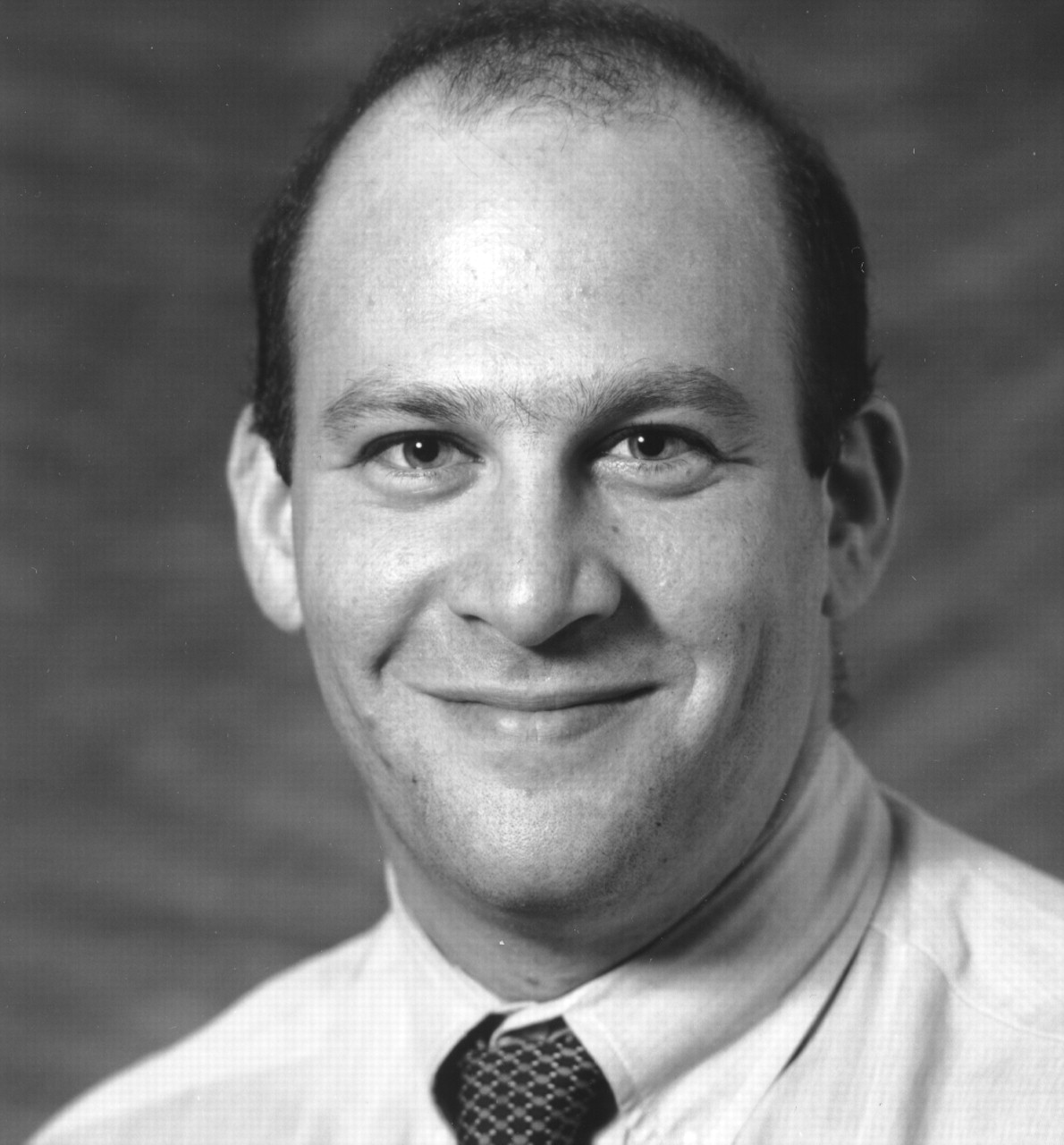Think Like a Psychiatrist, But Always Be a Doctor
Of stethoscopes and process notes: the first months of psychiatry. “You’ve got to learn to think like a psychiatrist!”
—Carl Salzman, M.D., Massachusetts Mental Health Center
“So few psychiatrists know any medicine at all.”
—Anonymous nonpsychiatry department chair at an academic medical center
“Surgeons are internists who operate to boot.”
—Anonymous surgeon

The transition for those entering psychiatry is qualitative, however, and that may lead to some soul searching. In truth, the core of our undergraduate medical education is the stuff of internal medicine and general surgery, but upon beginning psychiatry, with its process notes, supervision, and so on, whither that hard-won medical/surgical knowledge? This is a transition that may be daunting. A lot of psychiatrists wonder how it will be to “hang up my stethoscope”; that is, are we simply to abandon our knowledge of medicine? If we do, we are failing the above-quoted department chair, but if we do not fling ourselves into psychopathology, we may imagine that we will disappoint our new mentors. No one escapes this identity crisis, and medical students sense our discomfort as they consider entering psychiatry themselves. This is a problem for all residents, from those in programs strictly founded on the teachings of Erikson to those where nortriptyline levels are collected on the majority of the patients daily.
At least it may feel like a problem, but the dichotomy may be a false one. The trainee in psychiatry should not feel that she or he is forced to abandon general medical knowledge while passing into psychiatry. In fact, we use that knowledge every day.
First, psychiatrists do evaluate, diagnose, and treat medical problems of patients for whom they have direct clinical responsibility (that is, patients on inpatient units). Similarly, psychiatrists should know when to refer outpatients for medical care.
Second, any prescribing of medication or any recommendations to medical, surgical, ob/gyn, or pediatric services obviously draw upon our knowledge of pathophysiology as it pertains to drug-drug interactions, side effects, organ toxicity, or encephalopathy.
Third, any initial evaluation must differentiate the presenting condition from other medical disorders. Finally, research into biological psychiatry increasingly draws on genetics, immunology, and cell biology, and future understanding of primary psychiatric disorders may be couched in these terms.
Another way to look at the situation is to recall that medical school is more than facts, such as the concentration of potassium in Ringer’s lactate. It also was the learning of how to establish and maintain a doctor-patient relationship, how to take clinical responsibility for another person’s life, and the factors that contribute to loss of life or health. The physician must advocate for the patient’s health, and he or she is entrusted by society to act to protect the patient’s life when it is in danger.
In this context, I am reminded of the director of surgical education who remarked to my medical school class, “Surgeons are internists who operate to boot.” Well, I would suggest that psychiatrists are physicians who care for mental disorders to boot. I do not remember the composition of Ringer’s lactate; nor will I try to make you believe that I recall which antibiotic is specific for any type of pneumonia. On the basis of the general medical education in which I learned those facts, however, I became a physician, concerned with disease, morbidity, and mortality. And so when I hung up my stethoscope (knowing exactly where it is when I need it—and I will need it), I lost facts, but I retained the fundamental identity and perspective of the physician, and I began to gain a world more of medicine to boot. My message to newcomers to the field: Think like a psychiatrist, but always be a doctor. ▪
Dr. Mack is APA’s member-in-training trustee.



